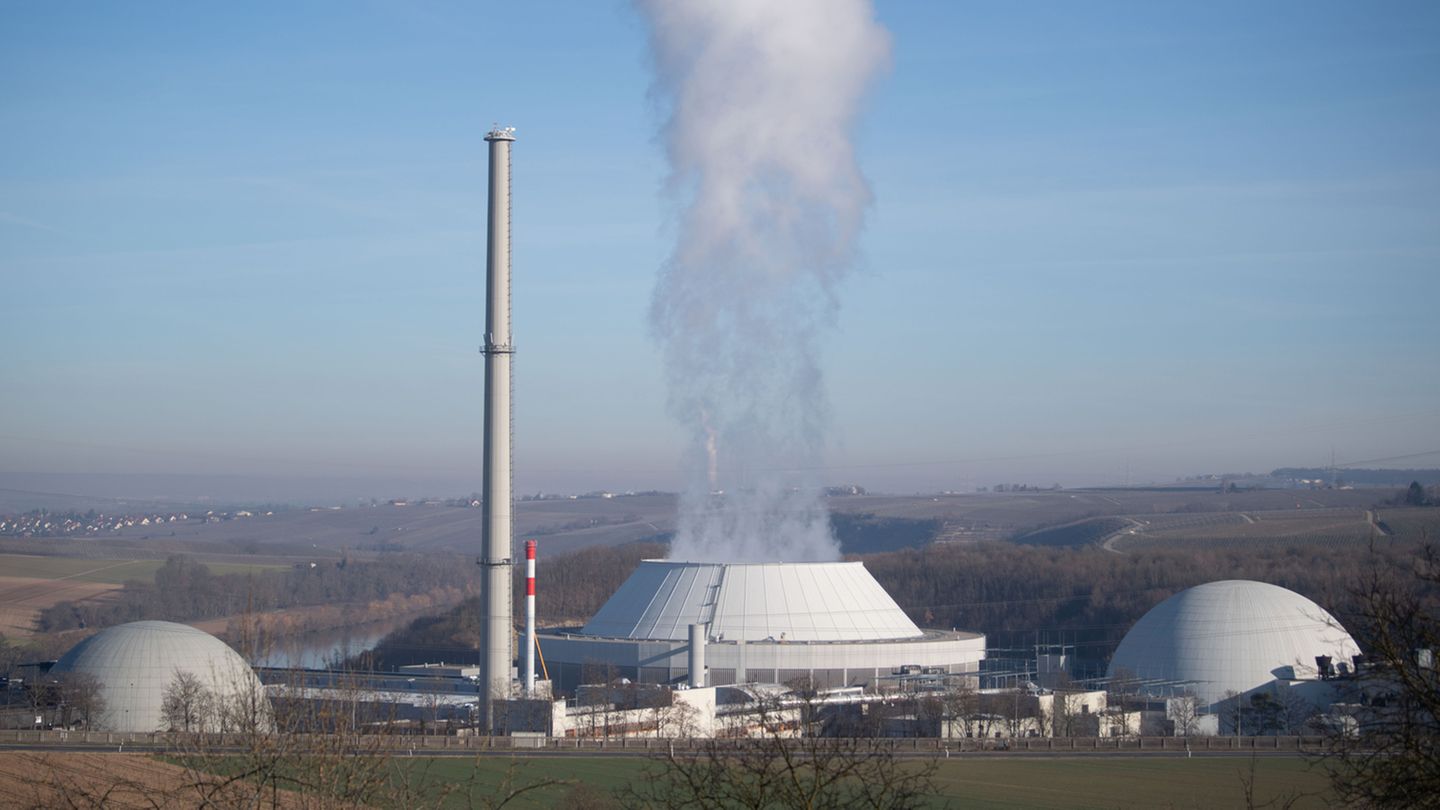The prices for electricity and gas hit new records. Many consumers would like politicians to take countermeasures – but not at the expense of climate protection. A survey shows which measures they prefer.
Energy prices for private households continue to rise: According to the comparison portal Verivox, the price of electricity rose to a new all-time high in September. With an average of 30.54 cents per kilowatt hour, consumers are paying more than ever before. And the traditional wave of price increases by electricity suppliers at the turn of the year is still to come.
The situation is similar with the gas price, which according to Check24 has also reached a record high in the basic supply. Here the wave of increases is already in full swing: 57 basic gas suppliers have increased their prices or have announced this.
The rising energy prices are likely to be an important topic for the next federal government. In any case, the majority of the population is not satisfied with the measures taken by the incumbent. In a recent Verivox survey, three out of four respondents said the government had done too little to curb the rise in electricity prices. Six out of ten respondents agreed with the statement: “The price of electricity is too high, my pain threshold has been reached.”
No to coal, back to nuclear power?
A large majority of 77 percent are consequently in favor of politicians doing something to stop the rise in electricity prices. The preferred means is a reduction in taxes and duties that every second person demands. 39 percent are also in favor of a state price cap for electricity. In contrast, only 12 percent of those surveyed want an extension of the coal phase-out and less climate protection.
When it comes to nuclear power, however, the Germans are a little more open again. A clear majority continues to believe that the nuclear phase-out by the end of 2022 is correct. But at least one in three (31 percent) is in favor of reviving nuclear power “if it causes the price of electricity to drop”. This is a significant increase in approval of nuclear power: three years ago, according to Verivox, only 20 percent were of this opinion. But the opposite side is still stronger: 46 percent do not want a comeback of nuclear power in favor of lower electricity prices. 1000 representatively selected participants were interviewed for the current survey.

The question of nuclear power is interesting because it is experiencing a small renaissance in the intensified climate debate. One thing is not one of the enormous risks that the technology entails: high CO2 emissions. In other countries, nuclear energy is therefore seen alongside renewables as a building block on the way to climate neutrality. Global advocates include Bill Gates, who supports several research projects for a new generation of nuclear power plants.
In Germany, on the other hand, the question has actually been finally answered politically. Union Chancellor candidate Armin Laschet occasionally expressed his sympathy for nuclear power during the election campaign, but it is not to be found in the election manifesto of the CDU (which has decided to withdraw). Of the parties currently represented in the Bundestag, only the AfD is relying on nuclear power, which wants the six reactors still in operation to run longer – but would also continue to burn coal.
What is politics doing?
It is clear that politicians have to think about something when it comes to electricity prices. Because market observers expect energy to continue to get more expensive in the coming months. The drivers of this development are the CO2 price on fossil fuels and an acute gas shortage. When gas and other fossil fuels become more expensive, so will electricity as a rule, because the capacity of renewables cannot yet compensate for this. Of the 44 billion kilowatt hours of electricity generated in Germany in August, only 20 billion came from renewables, according to the German Association of Energy and Water Management (BDEW).
In any case, there are opportunities to take political countermeasures, because a large part of the electricity costs for private consumers is caused by state taxes and levies. According to BDEW, that makes up about half of the electricity bill. Politicians can intervene directly here: All the major parties announced during the election campaign that they wanted to lower or abolish the EEG surcharge. In addition, there are – sometimes more, sometimes less concrete – political plans to return the income from the CO2 price to the citizens. What will be implemented after the election and how is open.
Jane Stock is a technology author, who has written for 24 Hours World. She writes about the latest in technology news and trends, and is always on the lookout for new and innovative ways to improve his audience’s experience.




